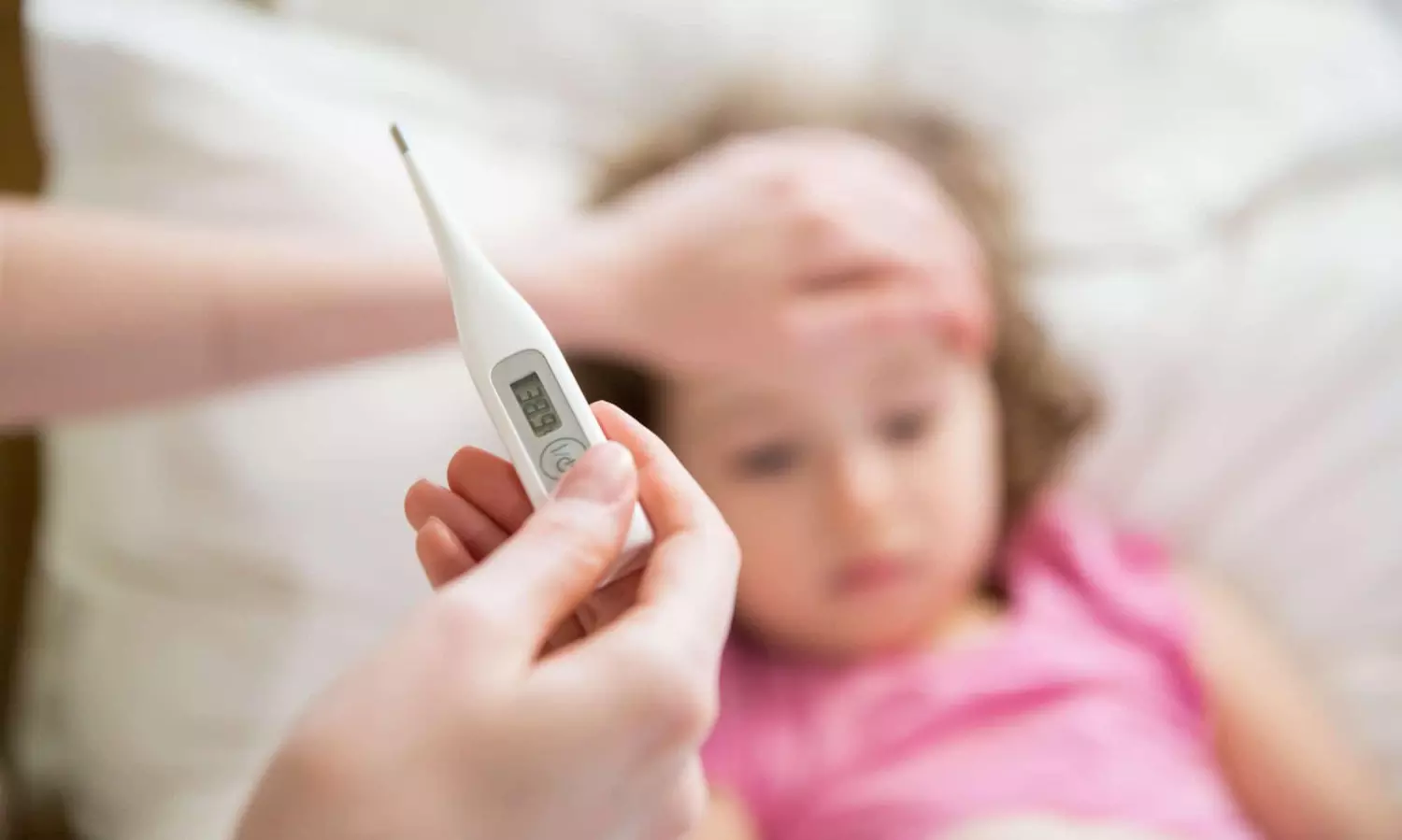How to Prevent Fevers and Viral Infections in Kids This Monsoon
By : DC Correspondent
Update: 2024-09-04 12:54 GMT

Hyderabad: With heavy rains this season, children are more susceptible to viral fevers and infections, prompting doctors to urge parents to remain vigilant. According to Dr. Kanchan S. Channavar, Consultant Pediatrician and Pediatric Intensivist, and Dr. R.V. Soujanya, Consultant Pediatrician and Neonatologist from the renowned Kamineni Hospital, many children are presenting with symptoms of cough, cold, viral fevers, and stomach infections during this time.
Speaking to the media, they noted, "The severity of the fevers we are seeing now is quite high, often reaching 101-104 degrees Fahrenheit, accompanied by headaches and body aches, resembling dengue fever. This year, along with viral fevers, there are also cases of dengue and chikungunya. Common symptoms include fever, dehydration, stomach pain, vomiting, and joint pain. These symptoms usually do not subside with regular paracetamol. If the fever persists for two to three days, it is crucial to consult a doctor, who may recommend tests for dengue and chikungunya. Even if these tests are positive, there is no need to panic. Dengue is also a viral infection, and although it may temporarily lower platelet counts, it typically returns to normal. Only in a few cases do the symptoms become severe."
Importance of Immunity
Whatever the type of fever, it's essential to ensure that children maintain strong immunity. They should drink plenty of water and eat nutritious foods they enjoy. It's beneficial to include juices, coconut water, oral rehydration solutions, and buttermilk to maintain hydration, which helps reduce fatigue. To manage fever, medications like paracetamol can be given. If fever persists beyond two or three days, visiting a doctor for tests is advised to rule out dengue. Avoid giving any medications other than paracetamol or ibuprofen unless prescribed by a healthcare professional. Some children may also experience throat infections, hoarseness, severe cough, or difficulty breathing. In such cases, continue to provide fever medication and warm water to drink.
Dr. Kanchan added, “At our hospital, we are admitting around 10 children daily with severe fever and related complications. Many of them are showing significant symptoms like high fever, reduced blood cells, and difficulty breathing, with some experiencing fits as well.”
Precautionary Measures
Viral fevers can easily spread from one child to another, especially in schools where children have lower immunity. To enhance children's immunity, provide a balanced diet with nutritious foods, dry fruits, fruits, and vegetables. Teach them the importance of regular hand washing and encourage them to wear masks. These illnesses are often spread by day-biting mosquitoes, so it's important to ensure that children are protected from mosquito bites. Prevent stagnant water where mosquitoes breed and use fogging to keep mosquitoes at bay. Emphasize personal hygiene and ensure that children wear clothing that fully covers their hands and legs.
Dr. Kanchan S. Channavar and Dr. R.V. Soujanya highlighted the importance of prioritizing cleanliness and hygiene during this season to safeguard children from viral infections.

